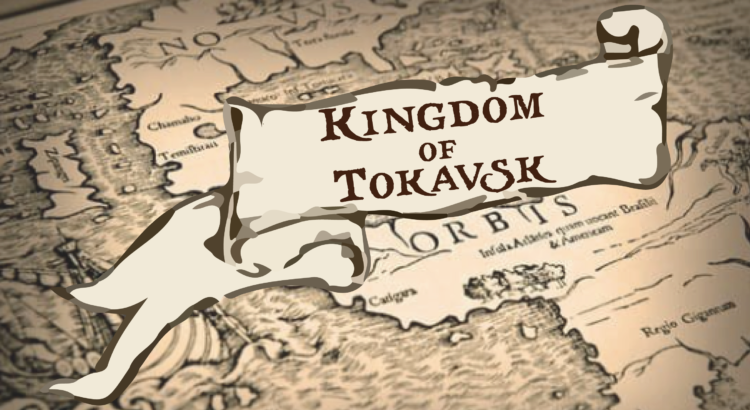Royal sobriquets are a particular difficulty to translate from Zheren, the language of Tokavsk. This is because affixes are used in place of adjectives. Some Zheren affixes have the same function as do adjectives in that they describe a noun; however, they become part of the noun itself when used. For instance, the nickname of the current King of Tokavsk is commonly translated as “iron-blooded.” This is an approximation. In Zheren, it is written as Astergyevektarany—literally, “King/Leader named Stergye whose blood has the quality of iron.” Here, the affix “a” denotes a leadership position, in this case the King. “Vek” means blood; it acts as an affix, though the addition of “tarany” complicates its function. Because “taran,” iron, has its own affix of “y,” the word functions as an adjective. (“Y” at the end of nouns means “having the quality of,” which converts them into adjectives.) Furthermore, the placement of “vek” immediately before indicates that the blood is being described.
The reason for including such a lengthy explanation is to illustrate the intricacy of Tokavskan titles and sobriquets. It is worth noting that such lengthy results are uncommon. Affixes can multiply rapidly, hence the inclusion of adjectives in Zheren grammar. Typically, only one or two affixes are needed to get the point across. Royal sobriquets are an exception. It seems to be that because kings are held in such high regard, their sobriquets tend to be long.
However, even Tokavskan sobriquets have exceptions—exceptions to exceptions, if you will. In the letter previous, “Short May He Reign” was written out in full. The author made a pun on a phrase imported from regions to the south. As it was recently brought into the Zheren lexicon, it is not subjected to the affix system.


